While sailing may not be as essential to our lives as food, water, or air, it does bring immense joy and a sense of freedom. Yet, it’s crucial to understand how this hobby stacks up against other leisure activities like hiking, biking, or kayaking in terms of its environmental impact.
Given the materials and energy required to build and maintain a boat, not to mention the fuel consumed during sailing and commuting to the marina, adopting eco-friendly practices is imperative.
For Liveaboards and Landlubbers
If you’re living on your boat, your carbon footprint is naturally smaller. But for those who live in houses and own multiple vehicles, the carbon footprint is considerably larger, and it isn’t just tied to boating.
Therefore, while this guide focuses on eco-conscious boating, we mustn’t forget the broader lifestyle choices that also play a significant role in our environmental impact.
Comprehensive Tips for Eco-Friendly Sailing
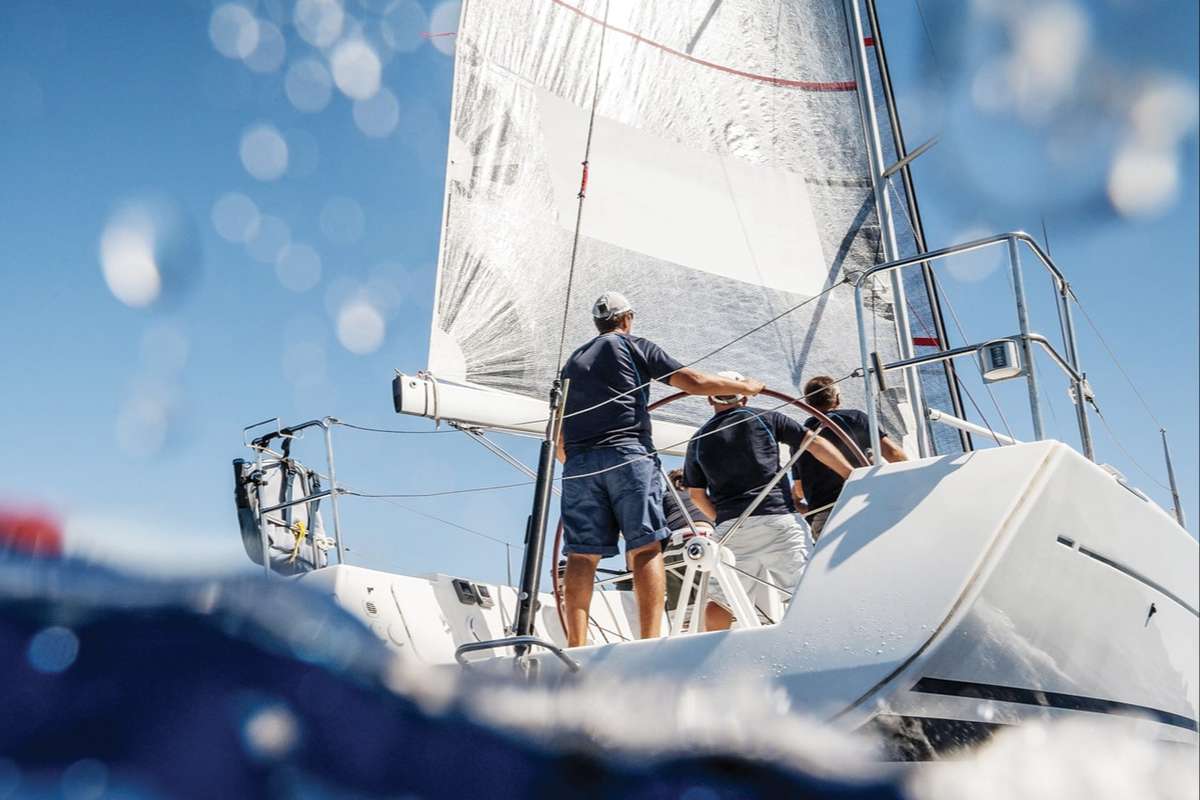
Closer-to-Home Adventures
Opt for sailing locations that are closer to home. This will not only save time but also significantly reduce your fuel consumption.
I’ve found that the fuel used for traveling to and from the marina can often equal the amount used during sailing. Carpooling can be an effective solution for longer commutes. Additionally, try to combine maintenance visits with sailing excursions to make the most out of each trip.
The Benefits of Boat Sharing
One of the simplest ways to cut down your carbon footprint and expenses is to share ownership of a boat. Shared ownership enables you to split costs and maintenance responsibilities which makes it easier and more sustainable in the long run.
Smart Fuel Management
Upgrading your fuel storage system can prevent wasteful spills and reduce vapor emissions. If your boat runs on gasoline, think about switching to fuel lines and portable tanks that are designed to minimize evaporation.
This practice will not only be beneficial for the environment but will also extend the longevity of your fuel system.
The Virtue of Slower Speeds
Reduce your speed when you’re motoring. Slowing down can cut fuel consumption in half and minimize noise pollution. Aiming for about 60-70% of your boat’s hull speed can provide the most efficient fuel use, assuming your boat, engine, and propeller are well-matched.
Flexibility in Planning
Flexible sailing plans can also be a boon for the environment. If conditions aren’t ideal for sailing, consider staying put for an extra day.
This allows you to make the most of good sailing conditions when they arrive, minimizing the need for motor use.
Harnessing Renewable Energy
Invest in solar panels or wind turbines for charging your boat’s batteries. With the advancements in LED lighting, it has become increasingly practical to meet basic power needs through renewable sources.
Efficient Cooling and Refrigeration
While it might seem challenging, it’s entirely possible to sail without a refrigerator or to at least make your existing one more energy-efficient through superior insulation.
Additionally, natural ventilation can often replace the need for air conditioning, which can be incredibly energy-consuming.
Technological Advancements
Emerging technologies like electric propulsion systems offer promising eco-friendly alternatives, especially for those sailing in freshwater environments that don’t suffer from the corrosive effects of saltwater.
Waste Minimization
Avoid disposable plates and cups; instead, opt for reusable kitchenware. Make sure your water system is well-maintained so that you can rely on tap water rather than bottled water.
Conscious Waste Disposal
Abiding by marine sanitation laws is essential. In places where pump-out facilities are limited, composting or desiccating toilets can be an excellent alternative.
Managing Graywater
Ensure your graywater is as clean as possible. Store cooking grease in a jar rather than pouring it down the drain.
Limit soap usage and consider swimming to get clean, followed by a quick freshwater rinse.
Mindful Anchoring
Be cautious about where you drop anchor to protect marine life and coral reefs. Aim to anchor in areas with sandy bottoms and use a minimal scope to prevent your anchor chain from damaging the sea floor.
Regular Upkeep
Proper maintenance ensures that your boat lasts longer, essentially making your boat a recycled item in continuous use.
If the upkeep gets too much, consider selling your boat to someone who can maintain it well, rather than letting it deteriorate.
Clean That Propeller
A dirty propeller can cause vibrations and consume more fuel. Regular cleaning, possibly facilitated by specialized underwater cleaning tools, can keep your propeller in optimal condition.
By incorporating these extended tips into your boating lifestyle, you can significantly reduce your environmental impact while still enjoying the open water to its fullest.
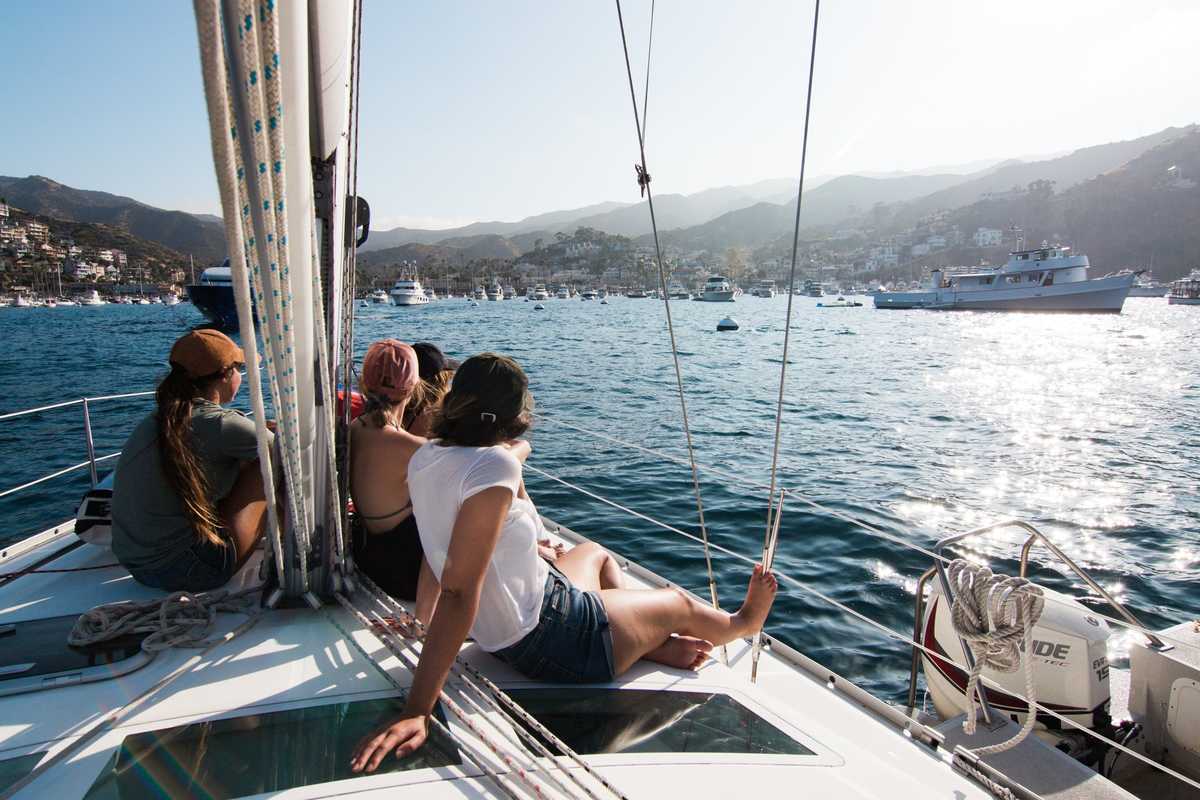

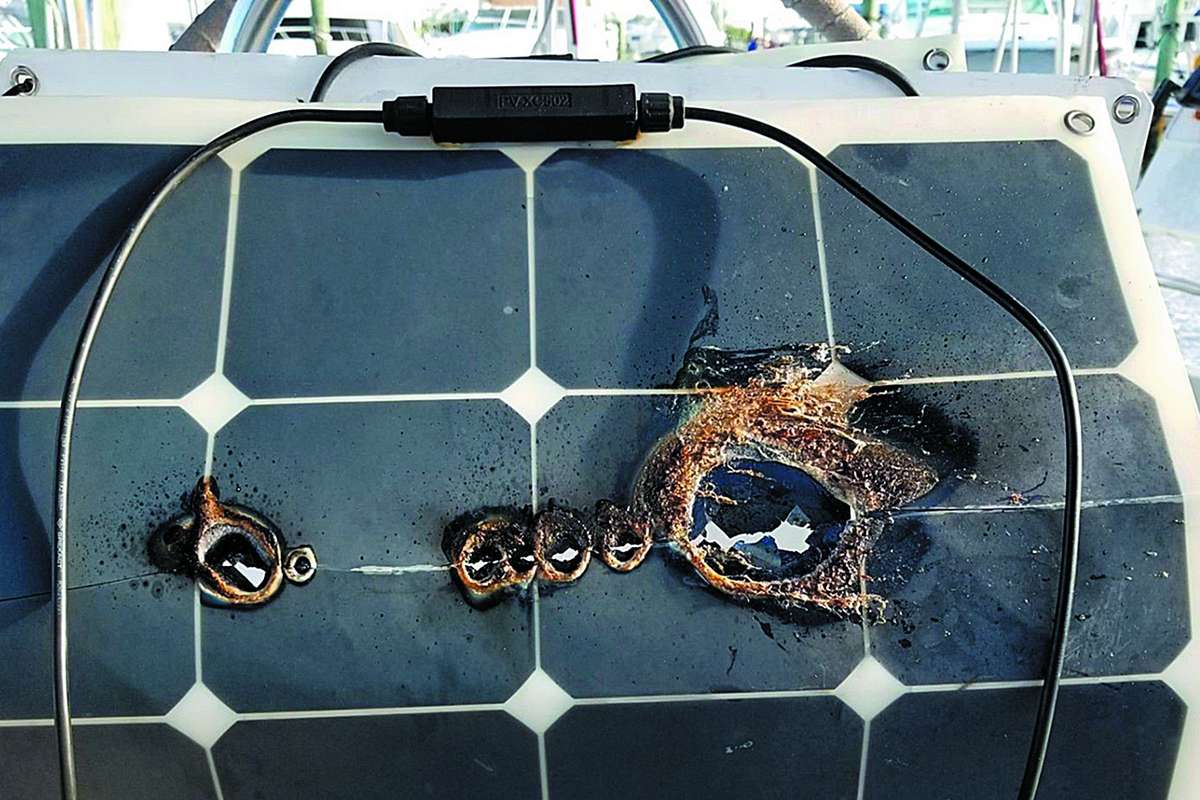
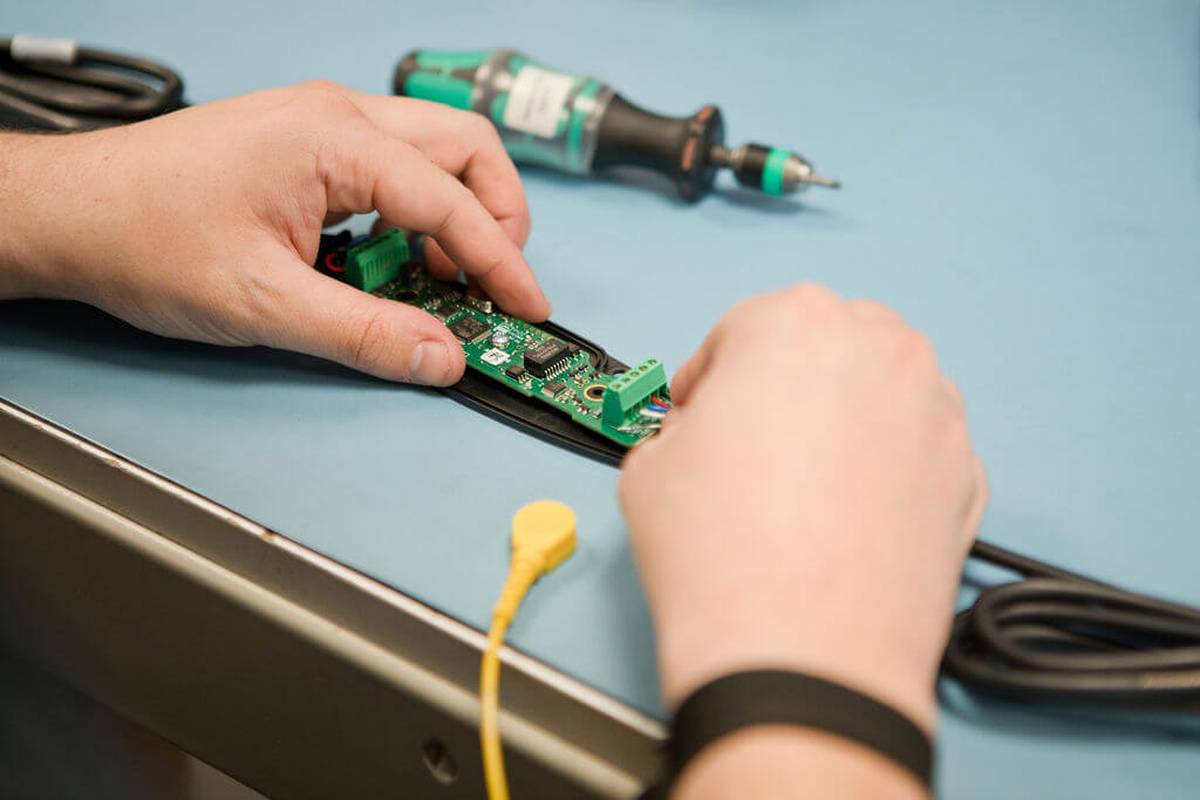
Leave a Reply